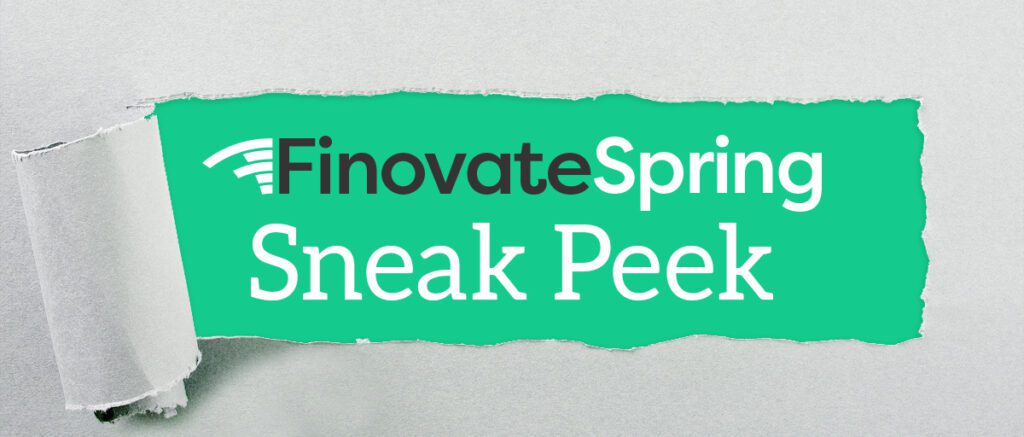
Finovate’s Credit Union Spotlight is back! This month at FinovateSpring – May 21 through May 23 – Finovate will host a special session to give leaders and professionals working at credit unions an opportunity to meet and network with their peers as well as with fintech innovators who are building solutions specifically for credit unions.

Coordinated by Finovate Vice President and Director of Fintech Strategy Greg Palmer and Sam Das, Managing Director of TruStage Ventures, the Credit Union Spotlight gives those running credit unions the opportunity to speak freely and candidly about the challenges – and opportunities – facing credit unions and their members today.
We caught up with Greg Palmer to talk about the state of credit unions in 2024 and what the Credit Union Spotlight at FinovateSpring this year hopes to achieve.
What challenges are credit unions facing right now?
Greg Palmer: Credit unions are facing a myriad of challenges at the moment. High interest rates and economic uncertainty are putting pressure on everyone, but local financial institutions like credit unions are particularly vulnerable. The good news is that the fintech industry is increasingly aware of what CUs are going through, and we’re seeing more and more technologies built with CUs in mind. These technologies are arriving just in time, and it’s about to get a lot easier for smaller FIs to compete with the multinational banks that tend to dominate the headlines.
How can better, deeper relationships with fintechs help credit unions overcome these challenges?
Palmer: It’s difficult for CUs to compete with larger financial institutions with bigger budgets, more marketing power, and teams of technologists creating new innovations in-house. These same factors, though, are also making it more difficult for fintech companies to sell their solutions into those big banks. The result is that a lot of newer fintech innovators are looking at credit unions as a target demographic. CUs both need the technologies they can provide and are less likely to be able to create their own alternatives, which is why it’s so imperative for us to bring both groups together.
How important is it to give credit unions the opportunity to network more exclusively with fintech providers, as well as with each other?
Palmer: Credit unions are fundamentally different from for-profit financial institutions, and they look at new technologies through a slightly different lens. That’s why it’s so important to separate out CU executives into their own space where they can network with each other, share experiences, and view new technologies together.
Finovate’s Credit Union Spotlight will take place on May 23, Day Three of FinovateSpring. The session will be held around midday and will last for approximately 90 minutes.
Read more about the Credit Union Spotlight at FinovateSpring in this feature at Finopotamus and don’t forget to take an early look at our demo companies in our Sneak Peek series. And if you haven’t picked up your ticket yet, Friday is the deadline to take advantage of big, early-bird savings. Visit our FinovateSpring hub today and save your seat!










